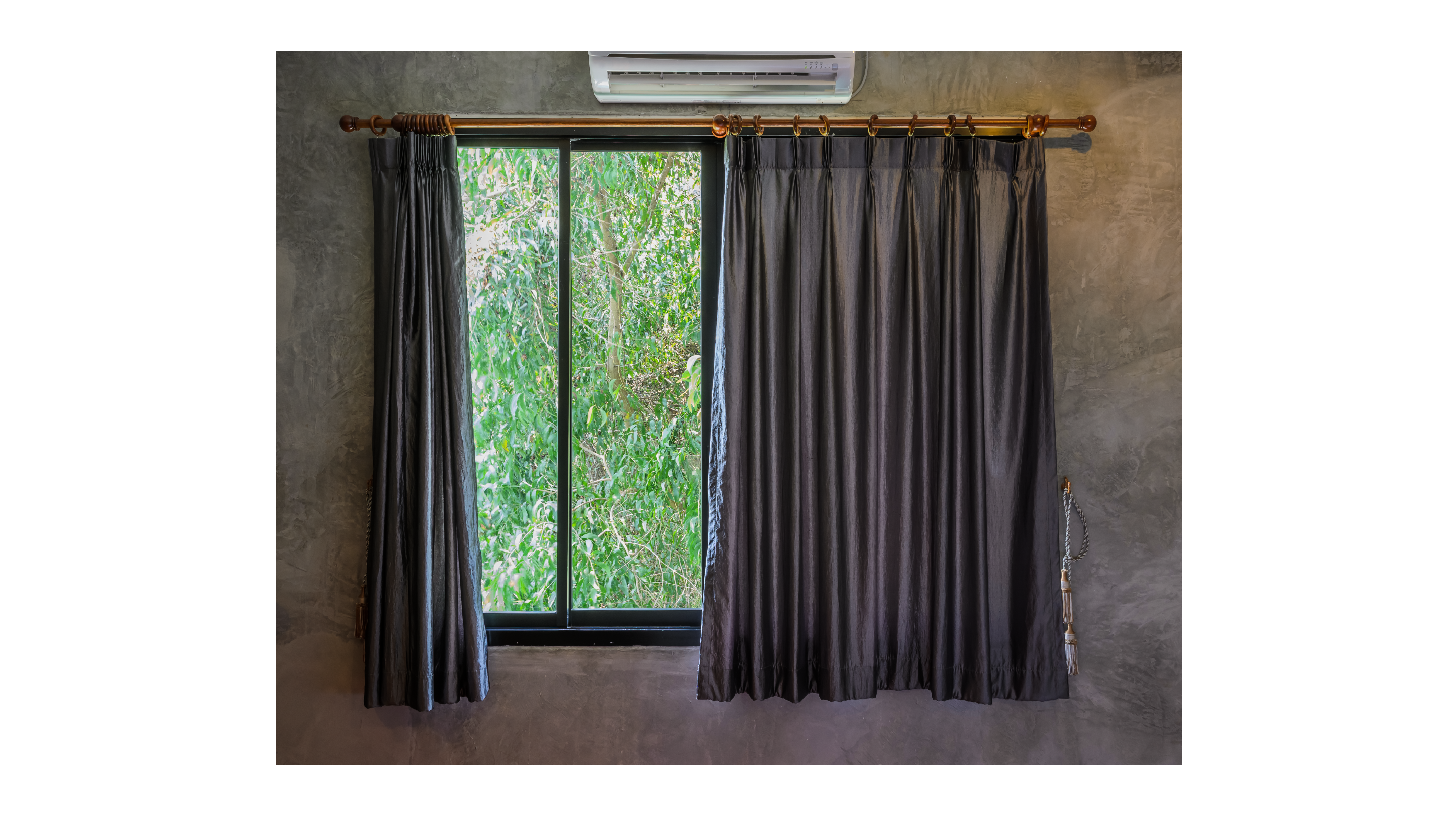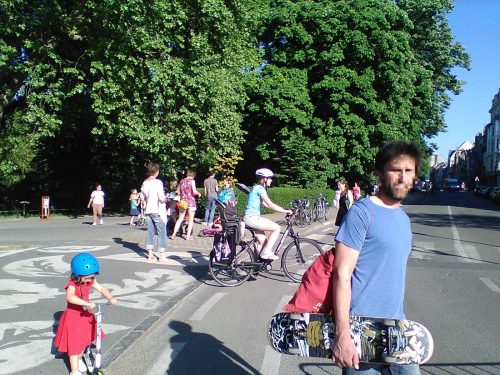
Classes and parks during COVID-19
April 15 in Brussels, I leave my confinement to record a radio report.
My guest for today is a teacher who describes how he helps his 10-year-old pupils deal with the confinement imposed upon them. He maintains an almost daily link with his pupils from underprivileged backgrounds. Mental health, learning, family disharmony and the need for social contact are all destabilizing factors for these children.
The first visit is with a child called Isra:
“And have you been going out a bit these days?”
“No, no, no…”
“Are you trying to break a world record for confinement?”
“No no no, the weather’s nice but… I don’t feel like going out.”
“How are you holding up? Looks like you’re managing.”
“Well, yeah.”
This 11 year old girl, the oldest of 4, hasn’t been out for 6 weeks on that date. (The general date of confinement in Belgium was 13 March).
The teacher continues his report:
Demographics in the working-class neighborhoods of the former industrial area of Brussels leave little doubt: Isra is not the only one in Mr. Jean-Baptiste’s class to have taken the instruction to “#stayathome” to heart.
Through a half-open door one can feel the health concerns of parents, shaken or even destitute by the situation of employment at half-mast, social services and schools closed, and the continuous housing crisis, with too few and too little places to live. This hot, springtime afternoon, I get back on my bike full of empathy for situations that I am lucky enough not to experience.
Cycling back from Schaerbeek.
This landscape in two hills, where the social ladder seems to climb with every pedal forward.
I approach the Josaphat Park thinking about the CLEARING HOUSE study on the need for green spaces. The entrance to the park marks the beginning of the upper city, gentrified in the last two decades. This green space is only 800 meters away from Isra, who is no longer allowed to use it. Yet families exit the park in droves. The overwhelming majority of them are white. The parents seem relaxed despite the fact that we are still in office hours. They have had the freedom to meet this vital need, have given themselves daily permission for an outing to the park, allowed by the privilege of belonging to their class.

Families leaving Josaphat Park
While in the other class, that of Mr. Jean-Baptiste, 16 children receive copies, and for their break just a virtual chat on WhatsApp. While waiting for the end of the day, or the school deconfinement of June 8, digital entertainment will replace what we call “the right to nature” in the city.
This blogpost was transcribed and translated from a French-language radio program: https://www.radiopanik.org/media/sounds/bruxelles-m-habite/-36-2_08810__0.mp3
Author: Lievin Chemin is a radio maker and educator in citizen action at Ateliers Urbains CVB.
(the original blogpost was written in French and translated by CLEARING HOUSE staff)
